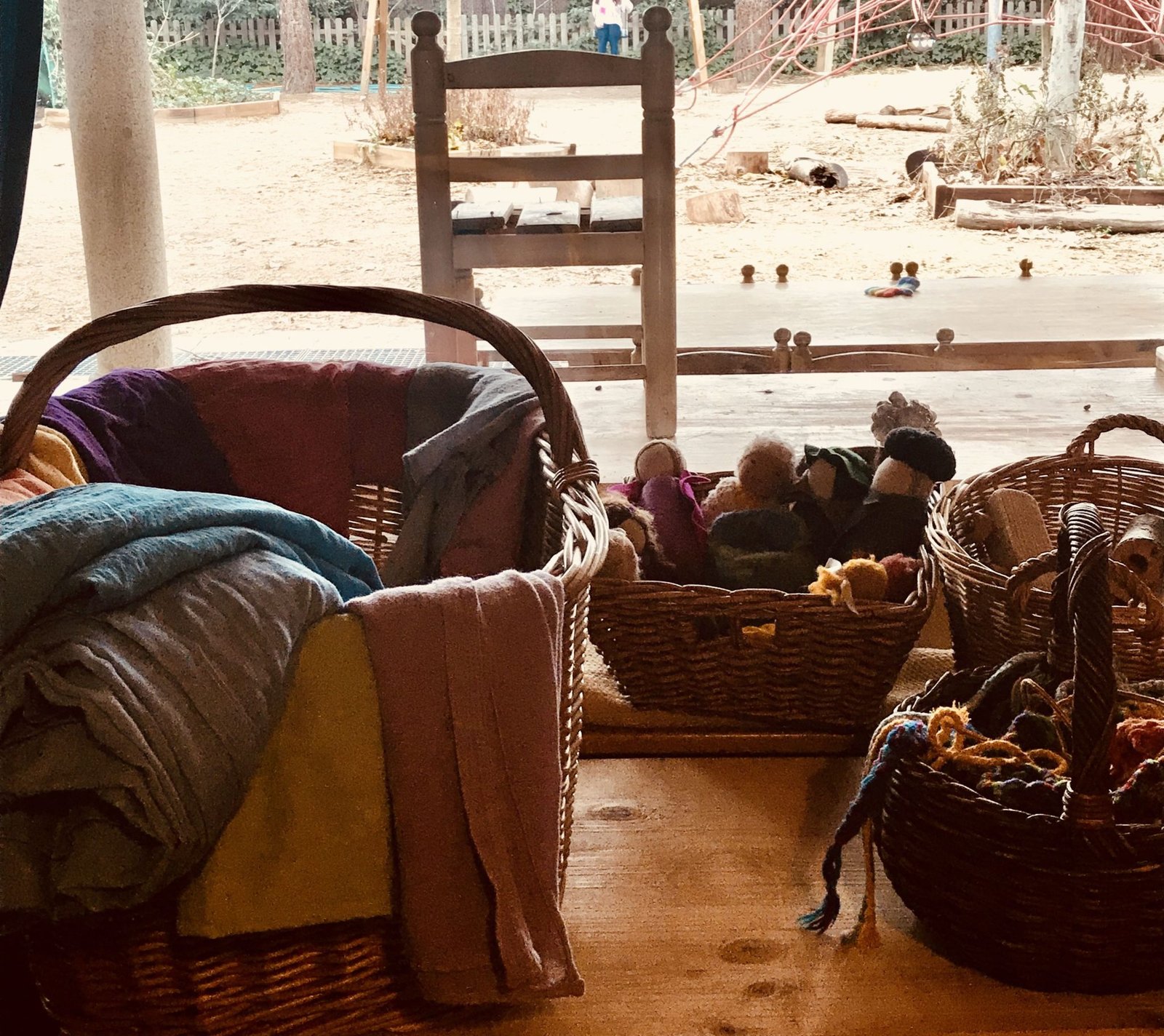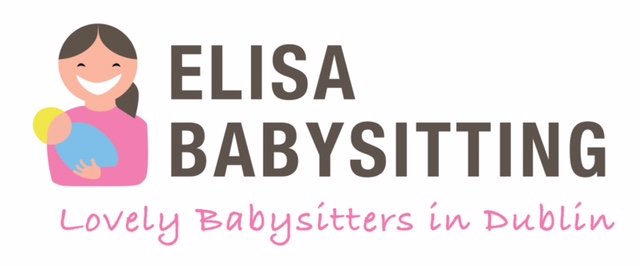
Last weekend myself and two of my lovely babysitters, Tania and Maria flew to Madrid (Spain) to join a workshop during the weekend to learn about Waldorf Pedagogy at The Waldorf School Aravaca, in Zenit street, Aravaca, Madrid.
We had a lovely weekend with our teacher Elena ,Olga and Maria, such lovely and calm people who gave us a lot of positive energy and wisdom.
There were more than 25 people. Everyone had much experience working in early years education. All were very professional and welcoming. We had such a good time!
The Waldorf pedagogy is an educational system originated in the conceptions of the founder of anthroposophy, the philosopher, educator, literary scholar, artist, theatrical author and socialist, Rudolf Steiner. The first Waldorf school was founded in 1919 in Stuttgart, Germany.
The basic experiences for a healthy childhood education, which include:
Love and affection
Caring for the environment and feeding
the senses
A creative and artistic experience
Significant activities for adults
as an example to follow for children
The imaginative and free games
The protection of the forces of childhood
Gratitude, reverence and the feeling of
Marvel
Rejoicing, humor and happiness
Adult caregivers looking for their
Internal development
Free play, artistic and handmade activities, music, narrations and contact with nature. The natural means by which children deploy their creative and learning abilities to the maximum at this stage. In this workshop we get an introduction of theory and practice to understand what the real needs of children up to the age from 0 up to 7 are and to put ourselves in their place experimenting through the usual practical activities in a Waldorf Kindergarten.
OBJECTIVES OF THE COURSE
To deepen the evolutionary stages of the child, based on a modern conception of the human being. • Study the faculties of thinking, feeling and will in the child and adolescent. • Phenomenologically investigate the perception of the environment and oneself. • Study the history of humanity as a basis for the understanding of the current human being. • Promote pedagogical and didactic skills through the practice of diverse arts. • Practice procedures and pedagogical exercises applicable to all educational levels. • Know the operation of a Waldorf School as a school community.
CONTENTS
Among other topics will work the following: The human being in evolution: evolutionary stages and difficulties in development and learning. The two forces of child learning: The example of adults and imitation. The observation, perception and interest for the environment and for the human being. Knowledge method, according to Goethe. The history of art and culture as exponents of the evolution of humanity. The teacher’s self-education and continuing education. The teaching of Waldorf pedagogy in the different subjects and educational levels. The transversal subjects of the Waldorf curriculum: Bases of biodynamic agriculture, education in universal Christian values, eurythmy, workshops and various arts. The collegial and team work of the teaching staff.
We learned the importances of the materials in a Waldorf classroom and we did our first Waldorf doll:
We learnt so many songs for the Seasons of the year and also the importance of the circle time.
METHODOLOGY
The methodology will be participatory, to be able to develop one’s creativity in a living didactic. – The subjects will be studied and worked individually and as a team. – The didactics of each subject will be influenced according to the educational level that is carried out. – Practices will be done in schools (teachers in teaching practice) – There will be memories and research and creation work.
We have a second part course in May and we are really looking forward to meeting you all and keep improving our knowledge.
We had a really good time with the girls, and we really enjoyed the experience of learnt about Waldorf pedagogy. Maria and Tania get great ideas to bring to their Montessori classrooms.






